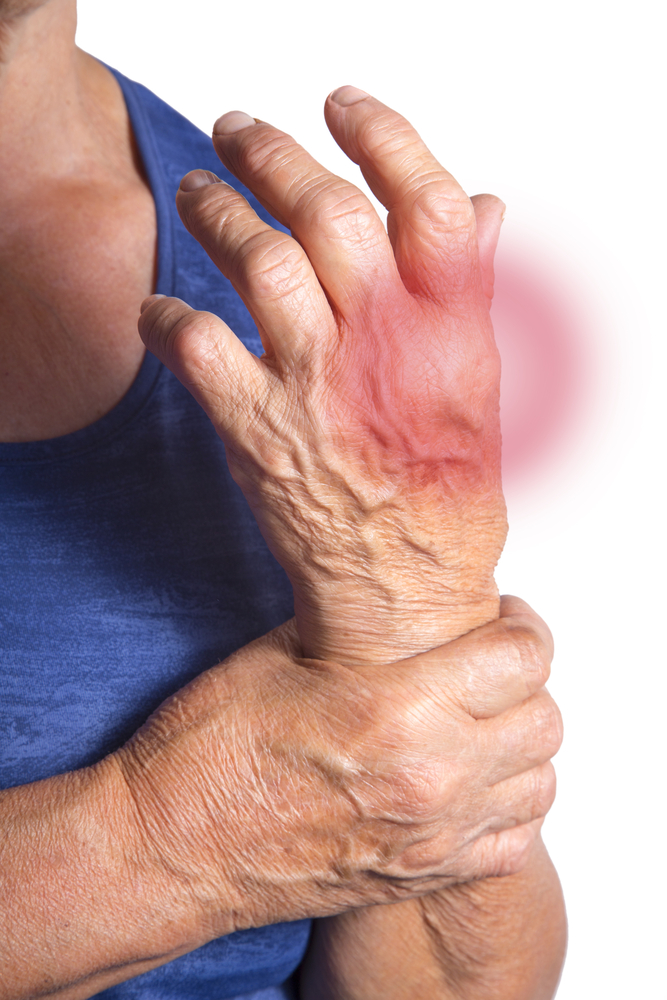RHEUMATOID ARTHRITIS
Rheumatoid Arthritis: The Most Common Auto-Immune Arthritis
By Christopher Gaffney, Ph.D.Where can you find most advanced Rheumatoid Arthritis Treatment in New Jersey?
What Causes RA?
RA is a type of autoimmune arthritis where the immune system, designed to attack invaders or infections—attacks itself. In the case of RA, the body’s autoimmune response causes inflammation in the tissues which line the joints, as well as inflammation in various organs. Recent research has shown that people who quit smoking can delay (or even prevent) the most severe form of rheumatoid arthritis.[1]
What are Common RA Symptoms?
RA symptoms affect individuals in different ways, ranging from mild to severe. Common symptoms include painful, swollen, and stiff joints—often most pronounced upon waking in the morning. Feeling fatigued, under the weather, and feverish are other common complaints.
How is a Rheumatoid Arthritis Diagnosis Made?
What are options for Rheumatoid Arthritis Treatment?

Because each person’s RA presents with a unique set of symptoms, rheumatoid arthritis treatment options are highly individualized. Targeted therapies are often the first line of treatment for rheumatoid arthritis in the fingers and joints throughout the body, along with injections, oral medicines, and infusions. Anti-inflammatory medications are often prescribed to reduce pain and inflammation. Additionally, a healthy diet, physical therapy, and exercise are also part of a comprehensive care plan to manage RA.
Getting RA under control is an ongoing process between a patient and a trusted rheumatologist. Great strides have been made in rheumatoid arthritis treatments and joint damage prevention making everyday life more enjoyable, active, and pain-free.

